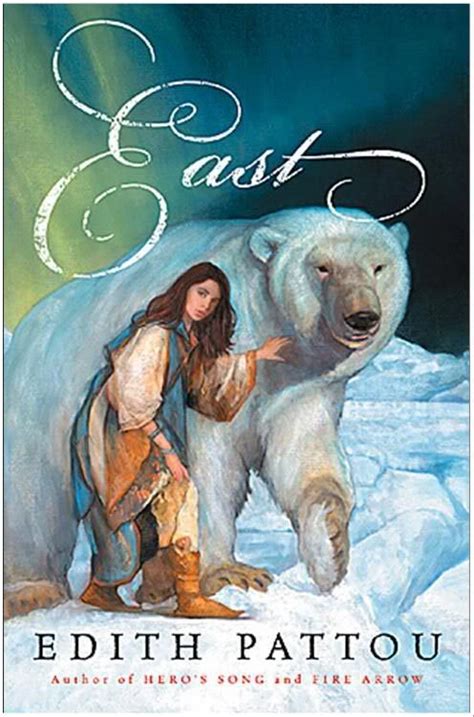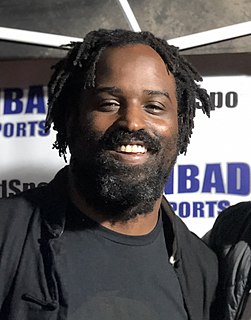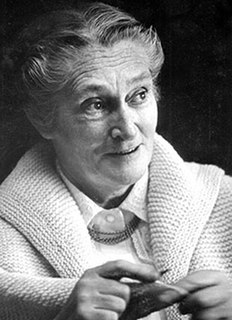A Quote by Edith Pattou
And telling a story, I suppose, is like winding a skein of spun yarn- you sometimes lose track of the beginning.
Related Quotes
Any kind of sequence when you have to express physical space and time can be difficult to story-tell because, if you're sitting there watching it like it's a play or something, your mind can track what's going on, or if you're watching an actual fight you can kind of track what's going on, but as soon as you have to start telling the story and tracking for the audience, it becomes much more complicated.
The ‘experimental’ writer, then, is simply following the story’s commands to the best of his human ability. The writer is not the story, the story is the story. See? Sometimes this is very hard to accept and sometimes too easy. On the one hand, there’s the writer who can’t face his fate: that the telling of a story has nothing at all to do with him; on the other hand, there’s the one who faces it too well: that the telling of the story has nothing at all to do with him
I see this with experienced writers, too: They worry so much about the plot that they lose sight of the characters. They lose sight of why they are telling the story. They don't let the characters actually speak. Characters will start to dictate the story in sometimes surprising, emotional, and funny ways. If the writers are not open to those surprises, they're going to strangle the life, spark, or spirit out of their work.
Every story is flawed, every story is subject to change. Even after it is set down to print, between covers of a book, a story is not immune to alteration. People can go on telling it in their own way, remembering it the way they want. And in each telling the ending may change, or even the beginning. Inevitably, in some cases it will be worse, and in others it just might be better. A story, after all, does not only belong to the one who is telling it. It belongs, in equal measure, to the one who is listening.
This is our story to tell. You’d think for all the reading I do, I would have thought about this before, but I haven’t. I’ve never once thought about the interpretative, the story telling aspect of life, of my life. I always felt like I was in a story, yes, but not like I was the author of it, or like I had any say in its telling whatsoever.
Chyerti—that’s us, demons and devils, small and big—are compulsive. We obsess. It’s our nature. We turn on a track, around and around; we march in step; we act out the same tales, over and over, the same sets of motions, while time piles up like yarn under a wheel. We like patterns. They’re comforting. Sometimes little things change—a car instead of a house, a girl not named Yelena. But it’s no different, not really. Not ever.
Pass by the synthetic yarn department, then, with your nose in the air. Should a clerk come out with the remark that All Young Mothers In This Day and Age (why can't they save their breath and say "now"?) insist on a yarn which can be machine-washed and machine-dried, come back at her with the reply that one day, you suppose, they will develop a baby that can be machine-washed and -dried.
Some knitters say that they buy yarn with no project in mind and wait patiently for the yarn to "speak" to them. This reminds me of Michelangelo, who believed that every block of stone he carved had the statue waiting inside and that all he did was reveal it. I think I've had yarn speak to me during the knitting process, and I've definitely spoken to it. Perhaps I'm doing it wrong, or maybe my yarn and I aren't on such good terms, but it really seems to me that all I say is "please" and all it ever says is "no".
I think that people have to have a story. When you tell a story, most people are not good storytellers because they think it's about them. You have to make your story, whatever story it is you're telling, their story. So you have to get good at telling a story so they can identify themselves in your story.
I think when people begin to tell their stories, everything changes, because not only are you legitimised in the telling of your story and are you found, literally, like you matter, you exist in the telling of your story, but when you hear your story be told, you suddenly exist in community and with others.





































